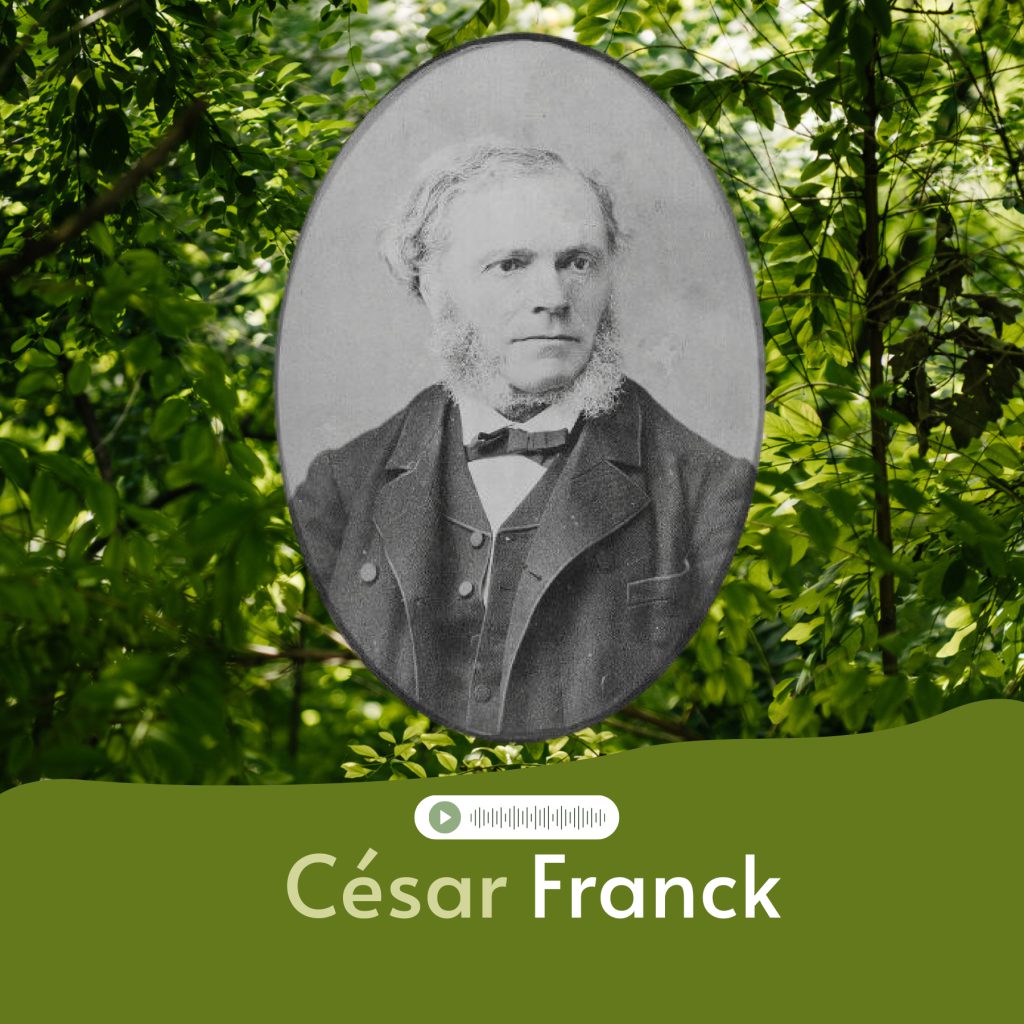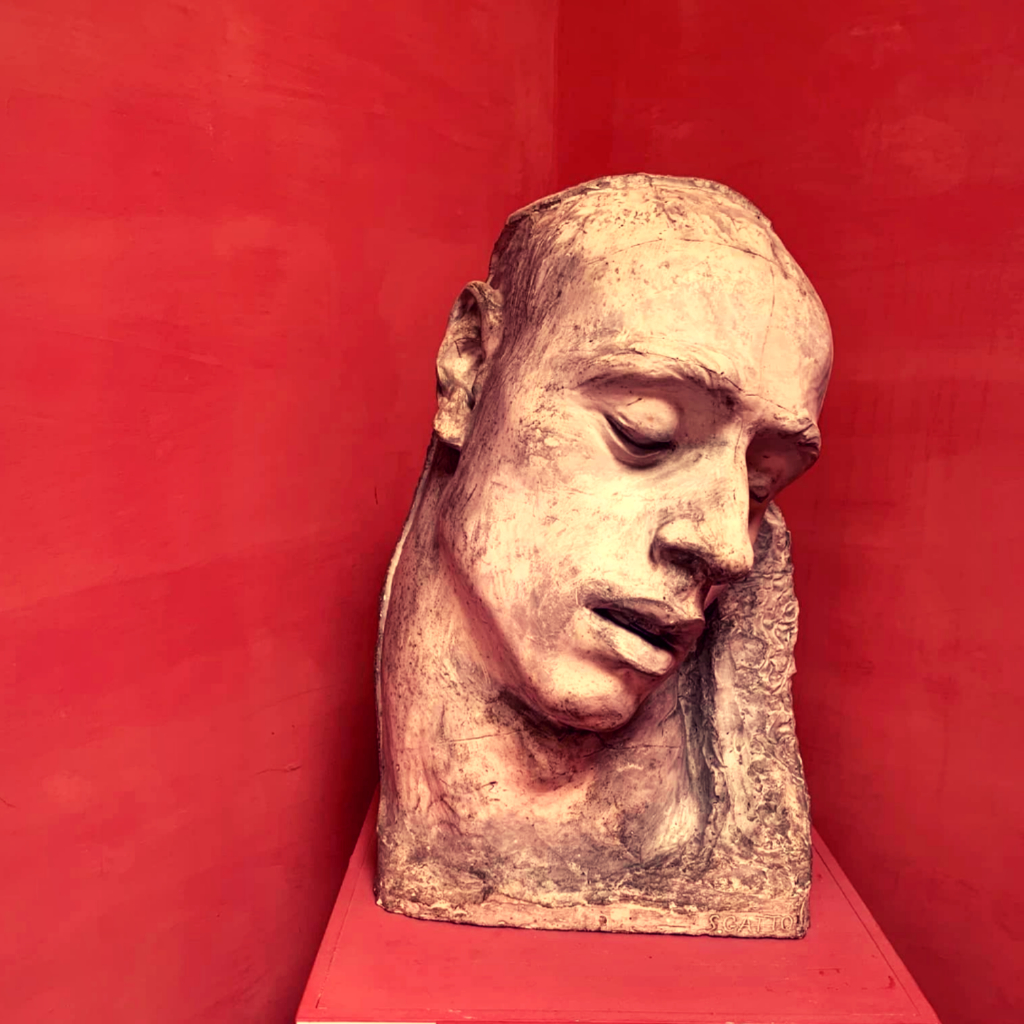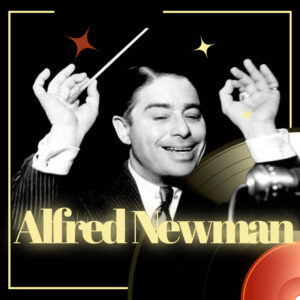
The history of music is known to many geniuses who reached the top of fame in their young years, but César Franck is not among them. His fate is a brilliant proof that life’s glory is not a necessary companion of talent, but sooner or later, recognition of true talent will come.
César Franck’s homeland is the Belgian city of Liège. His father was very proud to belong to an ancient lineage of Flemish painters, but he himself was a financier. However, he noticed his son’s musical talent, and on the initiative of his father, eight-year-old César Franck began to study at the Liège Conservatory. He studied very successfully, and five years later, his father, driven not so much by concern for his son’s fate as by vanity, arranged for César to tour the cities of Belgium.
The critics foretold the young pianist a bright future, and the father said: «Paris will be ours!» He brought his son to the French capital in 1835, where César’s mentor was Antonin Reicha, the one from which Franz Liszt and Hector Berlioz studied.
While studying at the Paris Conservatory, Franck continued to perform as a pianist. There were many virtuosos in Paris at the time, but even against this background he was seen by the public and critics. Along with the works of Frederick Chopin and other composers, he performed his own compositions – spectacular plays in which his individual style is not yet fully defined.
Much more interesting were the chamber compositions of those years – for example, the four piano trios created in 1841-1842.
Frank was unable to complete his education as a composer for the Rome Prize because of his father’s vanity; at his insistence, César had to return to Belgium to do the recitals.
He performed successfully in Brussels, and in December was first presented to the Belgian public as a composer – one of his piano trios sounded. Critics noted that Frank’s music is directed to «a small number of listeners», rather than to the general public requiring light entertainment.
Franck returned to Paris in 1843 and took French citizenship. His father arrived with him, hoping to benefit from his son’s success, but his career no longer attracted César – he felt primarily as a composer.
He broke off his relationship with his father and gave up his entire career, intending to devote himself to composing music. But this job could not be counted on immediately large incomes, but had to live on something. The composer began to give private lessons of piano game, counterpoint, harmony. This work did not satisfy him, but he had to do it for the rest of his life. Along with private lessons, Frank worked as a church organist.
As far as composing was concerned, it was necessary to have an artist’s concert in order to assert this quality. Franz Liszt helped organize it. At the concert held in January 1846, “Oratorio: Ruth”: the first vocal-symphonic work of Frank, summing up the earlier period of his work, was heard.
I. Allegretto ben moderato 0:00
II. Allegro 6:18 I
II. Recitativo – Fantasia 14:50
IV. Allegretto poco mosso 22:14
David Oistrakh Lev Oborin – Studio recording, Moscow, 1952
In 1848, Franck married. The wedding coincided with revolutionary events – on the way to the wedding had to overcome barricades, but this was not the only difficulty faced by the young family. As a result of these events, Frank lost many of his students who had left Paris, and the services of the church organist did not generate enough income. The hope of being employed by the Conservatory was not realized.
He found new students to visit himself. In 1851, Franck became an organist in another church, where he was paid more. In 1858 he became a choirmaster, and a year later an organist at St. Clotilde’s Church, where he worked for the rest of his life. Soon, a new beautiful organ appeared in this temple, which Franck loved with all his heart. Contemporaries admired his art of improvisation.
His Symphony in D Minor (1888), Variations symphoniques (1885), Piano Quintet in F Minor (1879), String Quartet in D Major (1889), Sonata in A Major for Violin and Piano (1886), and several organ pieces mark him as one of the most powerful French composers in the second half of the 19th century. His music is marked by soaring, almost improvisatory melodic flights.
He created operas. Two of them – «Stradella» and «Ghiselle» – were never produced. Opera «Hulda» even saw the light of the ramp, but did not become a repertoire.
From 1872, Franck taught at the Paris Conservatory in the organ class. He studied with Ernest Shasson, Vincent d’Andi, Henri Dupark and other composers who became famous. The students greatly respected their mentor, love calling him «father Frank».
The composer’s triumph, Cesar Franck, was awaited only at the end of his life – and this was due to the premiere of his String Quartet in 1890. Frank, not accustomed to ovations, at first thought that listeners applaud the performers, and only when the public called the author, he believed in his success and said: «The public begins to understand me». A few days later Frank was received with the same enthusiasm in the Belgian city of Tournai, where excerpts from «Ruth», Piano Quintet, Sonata for violin and romances were heard.
In November of the same year, César Franck died. Only close friends and students of the composer attended the modest funeral.



